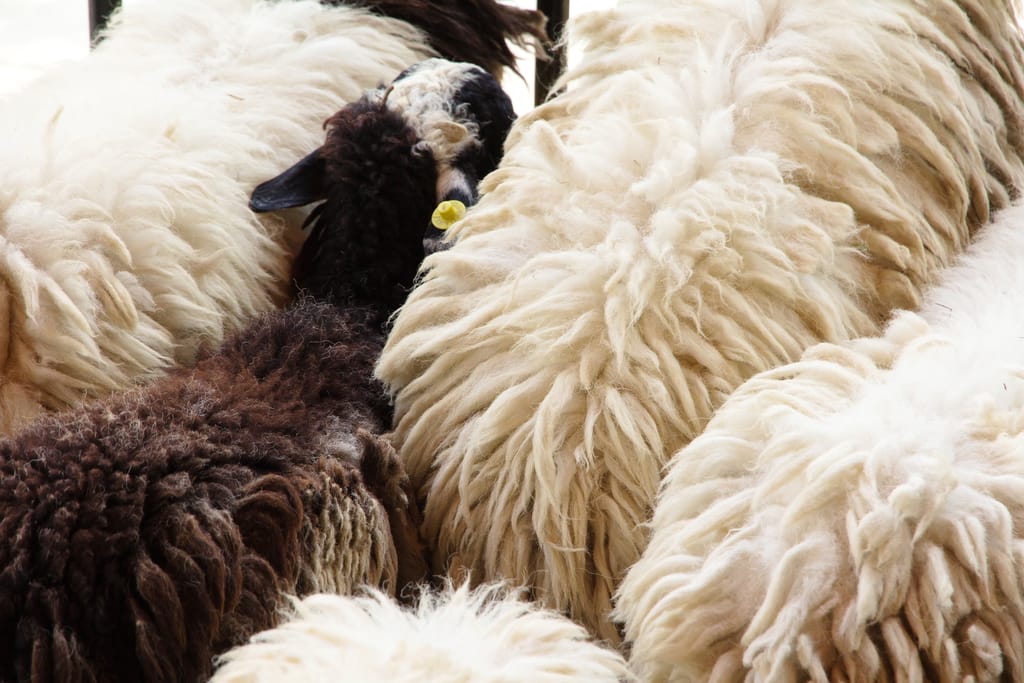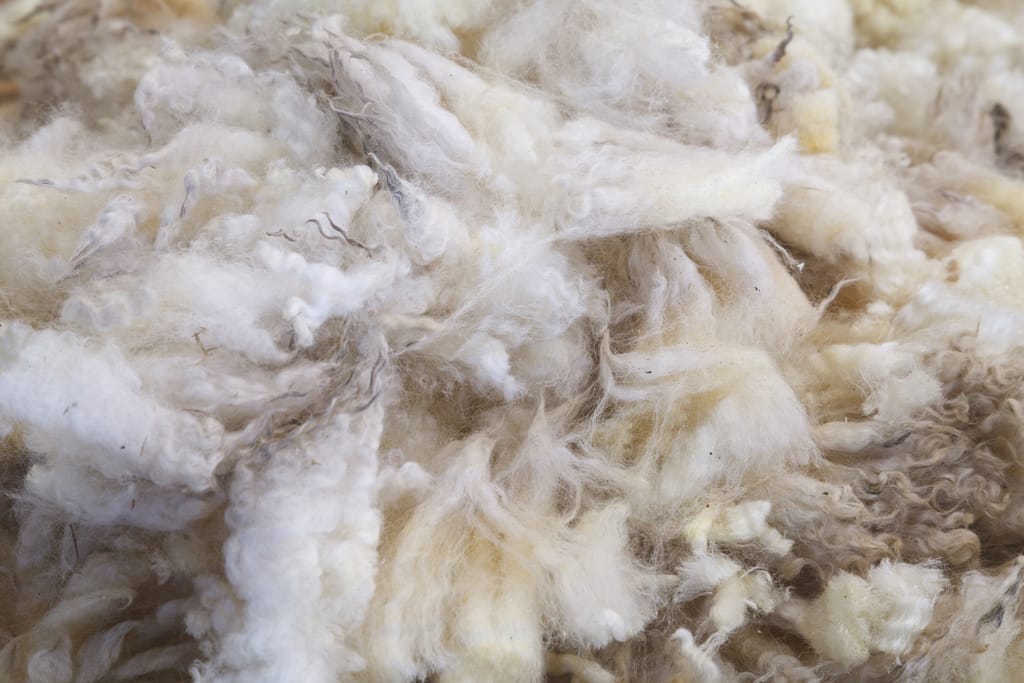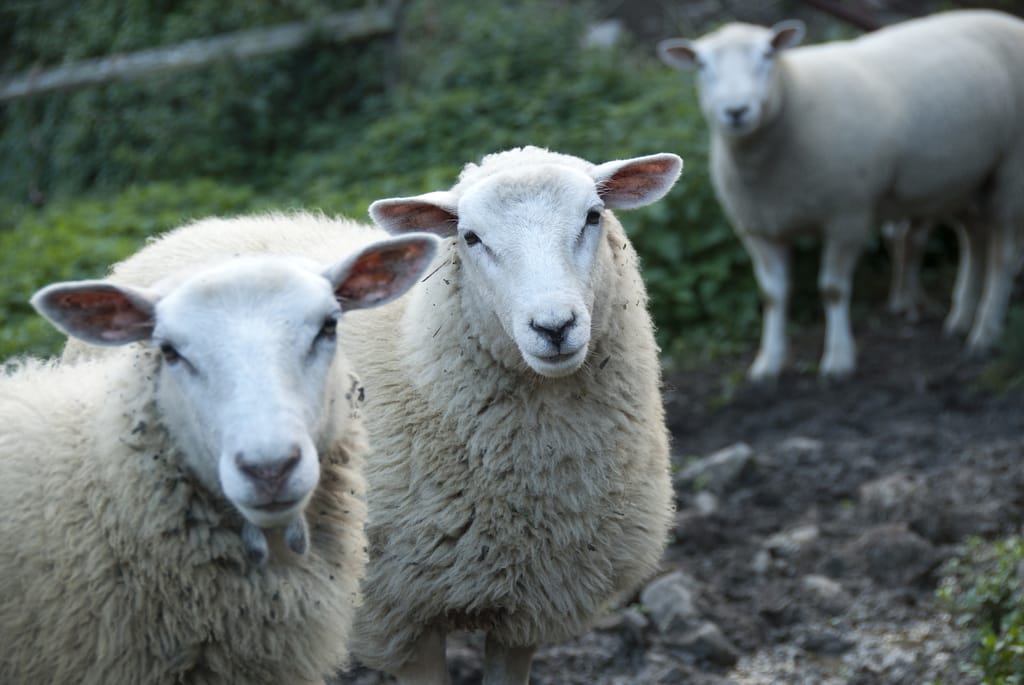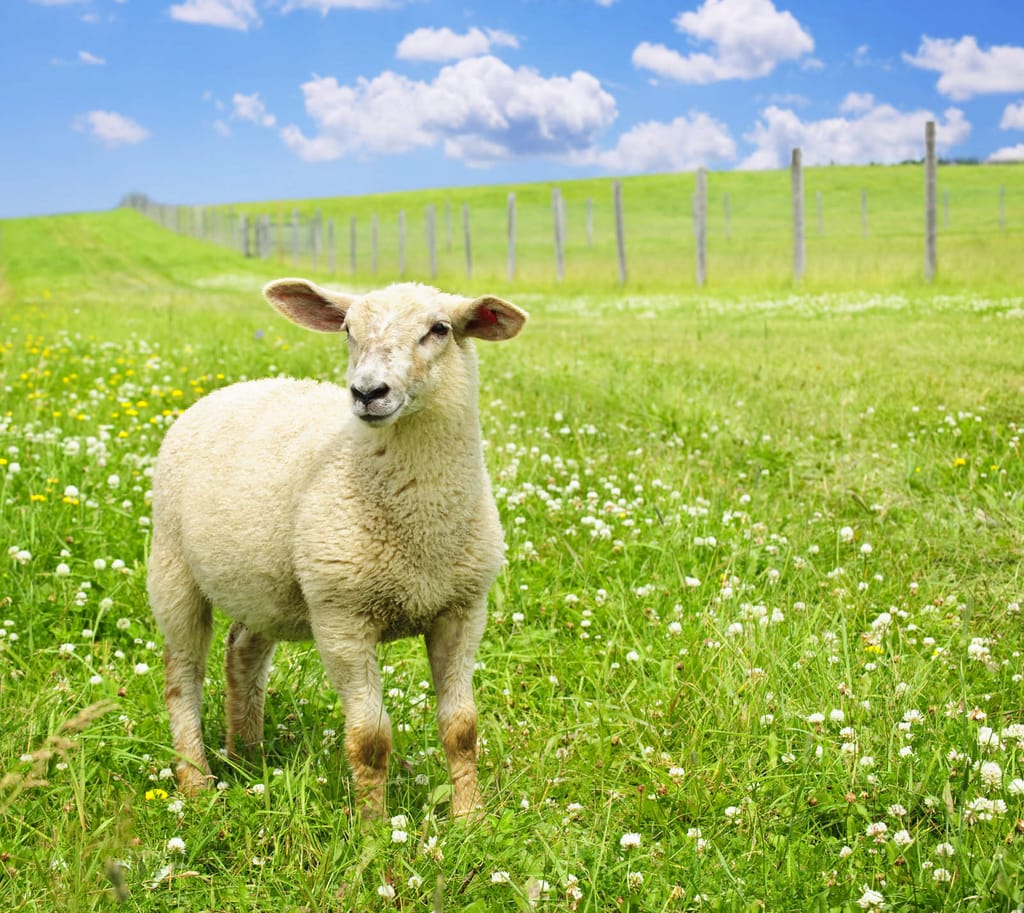What is Responsible Wool Standard (RWS)?
The Responsible Wool Standard (RWS) is an international standard that sets out the requirements for responsible wool production from farm to final product. It is a certification system that helps ensure that wool is produced in a socially and environmentally responsible way, with the overall goal of improving animal welfare, land stewardship, and traceability. The standard covers the entire production chain, from the sheep farm to the final product, and it is applicable to all animal wool-producing farms regardless of species, size, production system, or geography.
The RWS is the first global, voluntary standard for the responsible production of wool, and it is designed to ensure that wool is produced in a humane, sustainable, and traceable way that benefits both the environment and the people who work in the industry.

Overview
The RWS is an independent, voluntary, global standard that requires wool producers to adhere to rigorous animal welfare, land management, and traceability requirements. The standard was created in response to growing demands from consumers, retailers, and brands for products made from wool that has been sourced responsibly and ethically.
The standard certification is overseen by an independent international body, the Textile Exchange, and can be used to demonstrate a commitment to sustainable production. It focuses on three key areas: animal welfare, land management, and traceability. To be compliant with the standard, the wool must come from animals that are managed responsibly and in accordance with the Five Freedoms of Animal Welfare.
The standard also requires that the land used for grazing is managed in a sustainable manner, with practices that promote soil health, biodiversity, and water conservation. Additionally, the standard requires that wool can be traced from the farm through to the product, so that customers can be sure of the origin and quality of the wool used in their products.
In order to become certified, wool producers must adhere to the RWS requirements and submit their production to a third-party audit. The audit assesses the producer’s compliance with the standard and provides an independent verification of their practices. Following successful completion of the audit, the producer will be issued with a certification certificate.

Benefits
By choosing wool certified to the RWS, consumers can be assured that the wool they purchase has been ethically sourced. The standard requires producers to adhere to animal welfare standards that ensure the humane treatment of sheep. Guidelines include providing animals with sufficient space, shelter and access to food, water, and veterinary care. This helps to ensure that the sheep are not subjected to cruel or inhumane treatment.
The RWS also encourages land stewardship, which helps to ensure that wool production is sustainable. Producers must adhere to guidelines that promote the sustainable use of natural resources, such as water and soil, as well as the conservation of biodiversity and habitats. This helps to ensure that wool production is not detrimental to the natural environment.
Traceability is another important aspect of the RWS. Producers must be able to trace the wool they produce from farm to shelf. This helps to ensure that the wool has been ethically sourced and has not been obtained from illegal sources.

Environment and Climate Change
The RWS standard was launched in 2018 by the Textile Exchange, an international non-profit organization dedicated to sustainability in the textile industry. It is the first global standard to focus exclusively on animal welfare and sustainability in the wool industry. It is seen as an important step forward in promoting ethical practices throughout the industry. This certification provides an assurance that the wool used in products is responsibly sourced and produced, thus protecting the environment and fighting climate change.
The RWS is an important tool in advancing sustainability and environmental protection. It helps to ensure that wool production is done in an ethical and responsible way, with consideration for the environment, animal welfare, and the livelihoods of wool producers. Specifically, it requires that animal welfare is considered in all aspects of production and that wool production is done in a way that promotes sustainable land management and biodiversity.
In addition, the standard promotes the use of best practices in the wool industry, such as reducing water, energy, and chemical use, as well as minimizing soil erosion and air, water, and land pollution. The certification also includes standards for supply chain transparency and traceability to ensure that producers are held accountable for their activities.
By ensuring that wool production is done responsibly, the RWS also contributes to climate change mitigation. Wool production can have a significant environmental impact, particularly due to the emissions of greenhouse gases. However, the RWS helps to reduce these emissions by encouraging the use of best practices and promoting sustainable land management. In addition, it encourages producers to use more efficient production methods and to reduce the use of inputs such as water, energy, and chemicals, which can also help to reduce emissions.

Conclusion
The Responsible Wool Standard (RWS) is an important tool for ensuring the ethical production of wool. It provides a global assurance that wool is sourced with respect for animal welfare, the environment, and the workers involved in the production process. It helps to ensure that wool is produced in ways that are safe and respectful for the animals, land, and people involved in the production chain.
Reference
- N. (2022, January 12). Responsible Wool Standard (RWS) Information Paper. NSF. https://www.nsf.org/knowledge-library/responsible-wool-standard-rws
- Responsible Wool Standard (RWS). (n.d.). https://www.intertek.com/assurance/rws/
- Responsible Wool Standard (RWS). (2023, January 26). Textile Exchange. https://textileexchange.org/responsible-wool-standard/